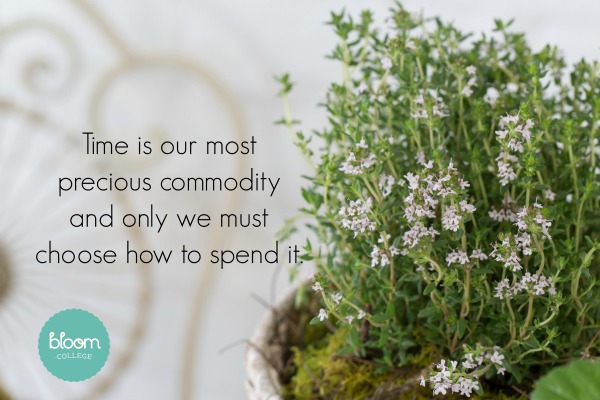Blog
It’s great to be slow – ‘slow flower movement’

It’s great to be slow!
Britain’s The Telegraph reported from Kenya a few days before Valentine’s Day. Many thousands of locals in the flower-growing areas around Naivasha were busily harvesting and packaging roses for their journeys to stores thousands of kilometres away.
The report was heartening, highlighting how some growers and buyers (including British supermarket chain Waitrose) have acted in the past 5–10 years to significantly improve the environmental and social conditions under which Kenya’s floriculture industry operates.
British Valentine’s buyers who bought from such suppliers were probably more entitled to feel they were ‘spreading the love’ than those who bought flowers with no Fairtrade, Kenyan LEAF-standard (Linking Environment and Farming) or sustainability certification.
Some happy flower-givers were, however, likely to have found themselves in ‘ethical hot water’ from loved ones who maintained that their roses should have been purchased from Dutch hothouses a mere few hundred kilometres away. Way fewer carbon miles and firm EU work and environmental standards! The protesters were perhaps not to know that (as The Telegraph article reports) researchers have shown that roses imported into Britain from Dutch greenhouses have a much bigger carbon footprint than those airfreighted from Kenya. Not that being carbon neutral equates with being environmentally sustainable! Burning wood is carbon neutral because any wood on the planet’s surface now is in the current carbon cycle (as opposed to burning fossilised wood or other fossil fuels whose carbon has been locked up for millennia).
Carbon footprint discussions aside, some Valentines were likely to have been in hot water because of the simple fact that roses (out of season in Britain) were given as Valentine’s gifts at all.
Not so ‘slow’ Valentines.
Really ‘slow’ Valentines would have exchanged artful, simple gifts crafted from flowers, berries, foliage, twigs, prunings, branches, grasses, lichen-encrusted bark and fruit that were available seasonally and locally. They would surround themselves with such beauty all year round, savouring the delights of ‘slow flowers’ just as those who embrace slow food take the time to prepare, share and appreciate their (locally produced) meals.
The ‘slow flower’ movement in Europe and the USA has been known and named for some time, but in Australia the use of the term is not common. The (US) Slow Flowers website provides an online resource to link customers with florists who have taken a pledge not to use imported flowers. We can’t know whether the florists have taken such a pledge because they have ethical or other issues with using imported flowers, or whether they are ‘on board’ because they see ‘slow flowers’ as being what their consumers are demanding.
Either way, ‘slow flowers’ are here to stay. What’s old is new and many more customers are asking florists where their flowers are from.
‘Slow flower’ florists will hopefully know the answer when they are asked. They may even have a personal relationship with and commitment to the people and land that grow the flowers.
Some of that land and some of those people just might be in Kenya or Colombia: after all we’re all responsible for the past, the present and the future. Being slow means taking the time to (like Hippocrates) pledge to do no harm.